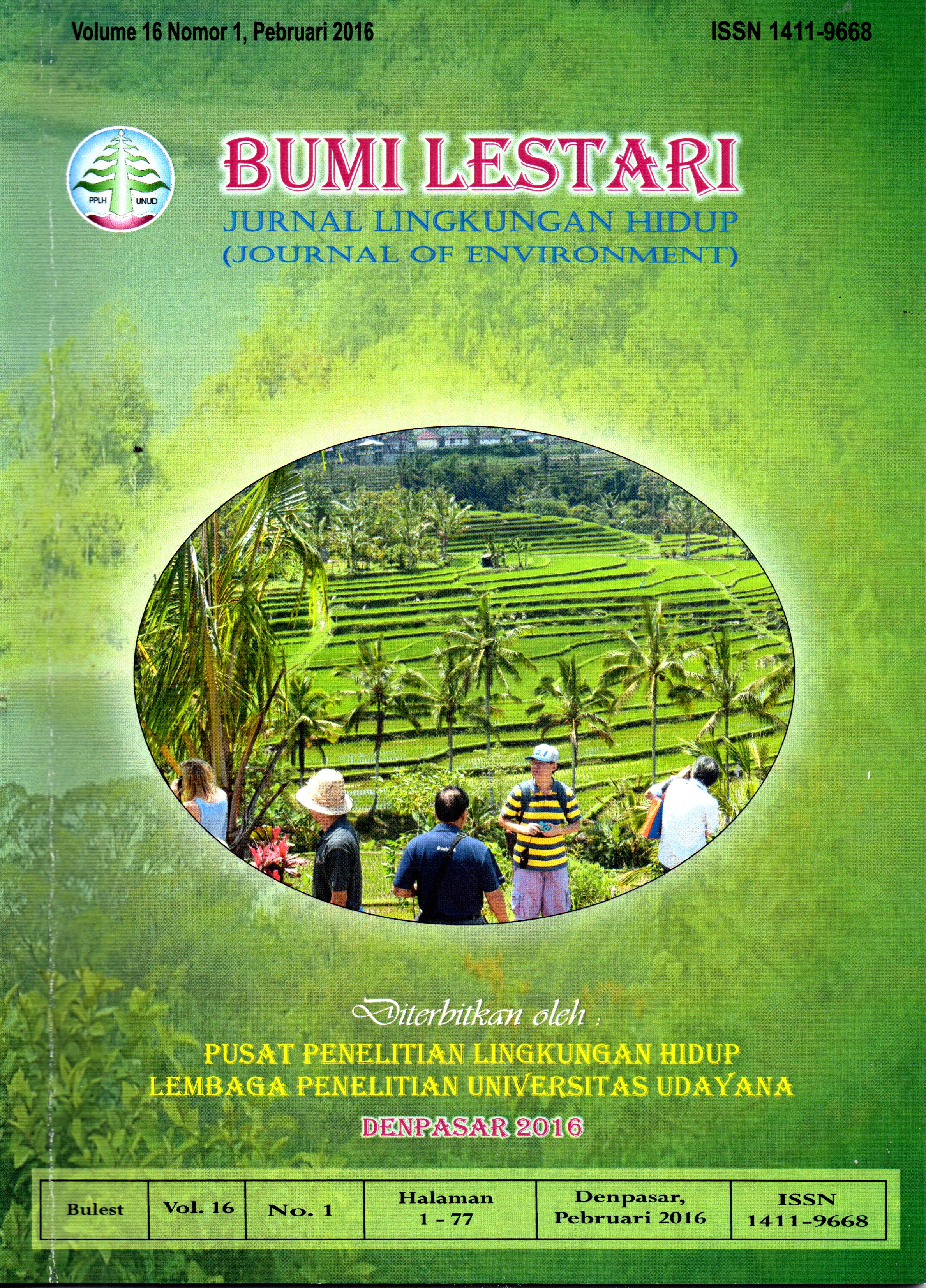HUBUNGAN DISIPLIN BELAJAR DAN PRESTASI BELAJAR MAHASISWA DENGAN PERILAKUNYA DALAM MEMELIHARA KEBERSIHAN LINGKUNGAN KAMPUS
Abstract
This study aims to find, analyze and examine the relationship between the discipline oflearning and achievement with behavior in maintaining the cleanliness of the environment.The study design used in this study was student class of 2011 Program StudiesEconomics Education / Administration Commerce Teacher Training and Education Facultyof the University of Siliwangi Tasikmalaya totaling 193 people. The sampling techniqueused in this study is proportional random sampling technique, the sample size of 60 people.Instrument in this study using a questionnaire to learn discipline and student behaviorquestionnaire in maintaining the cleanliness of the environment. While the data analysistechniques used were correlation analysis, simple and multiple regression.The results showed that the discipline variables studied included strong categories,including categories of academic achievement variable low and variable behavior of studentsin maintaining the cleanliness of the environment, including strong category.There is a relationship between the discipline of studying the behavior of students inmaintaining the cleanliness of the campus. This can be evidenced by the acquisition of an rvalue of 0.767 and a strong cohesion category contributes by 58.8%. The better the disciplineof learning, the better the behavior of students in maintaining the cleanliness of the campus.There is a relationship between the behavior of student achievement in maintaining thecleanliness of the campus. This can be evidenced by the acquisition of an r value of 0.319and a low of closeness category contributed 10.1%.The better achievement, the better thebehavior of students in maintaining the cleanliness of the campus.There is a relationshipbetween the discipline of learning and academic achievement with student behavior inmaintaining the cleanliness of the campus. This can be evidenced by the acquisition of an rvalue of 0.781 and a strong cohesion category contributes 61%. The better the discipline oflearning and the achievement of learning, the better the behavior of students in maintainingthe cleanliness of the campus.Downloads
Keywords
Authors who publish with this journal agree to the following terms:
- All articles published by Bumi Lestari Journal of Environment and Environmental Reseach Center Udayana University are made available under an open access license worldwide immediately. This means everyone has free and unlimited access to the full-text of all articles published in Bumi Lestari Journal of Environment, and everyone is free to re-use the published material given proper accreditation/citation of the original publication. Open access publication is supported by authors' institutes or research funding agency by payment of a comparatively article processing charge for accepted articles (See Author Fees). Bumi Lestari Journal of Environment and Environmental Reseach Center Udayana University publish articles under the Creative Commons Attribution License.
- Authors are able to enter into separate, additional contractual arrangements for the non-exclusive distribution of the journal's published version of the work (e.g., post it to an institutional repository or publish it in a book), with an acknowledgement of its initial publication in this journal.
- Authors are permitted and encouraged to post their work online (e.g., in institutional repositories or on their website) prior to and during the submission process, as it can lead to productive exchanges, as well as earlier and greater citation of published work (See The Effect of Open Access).





